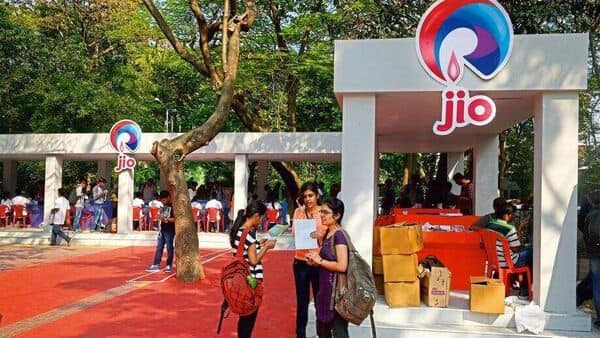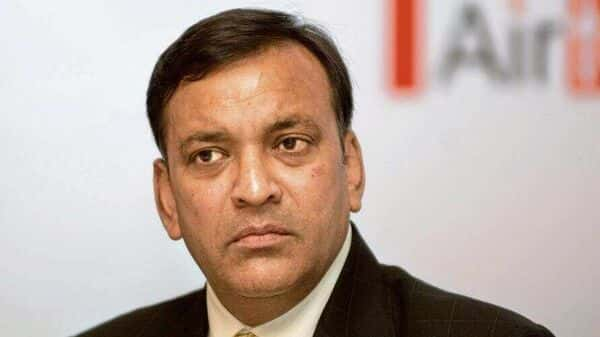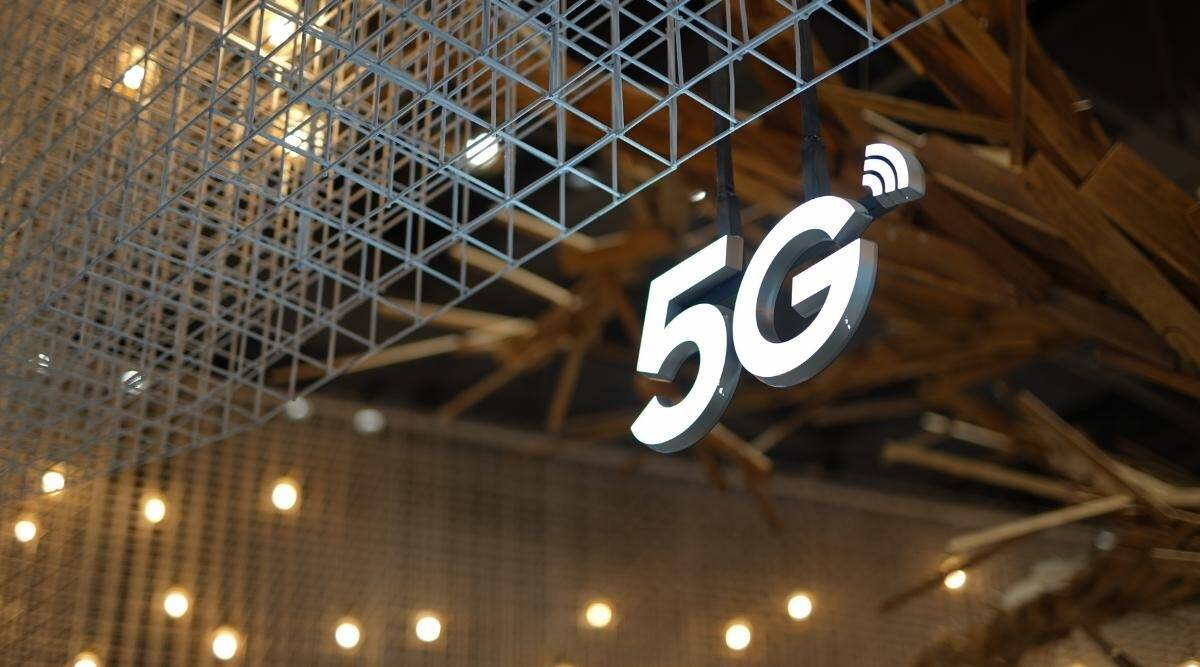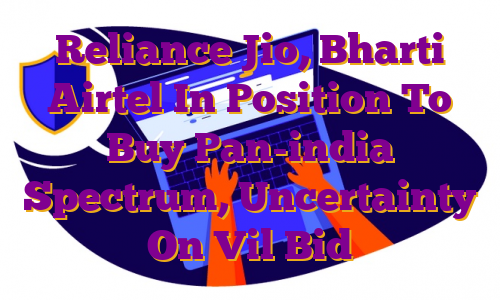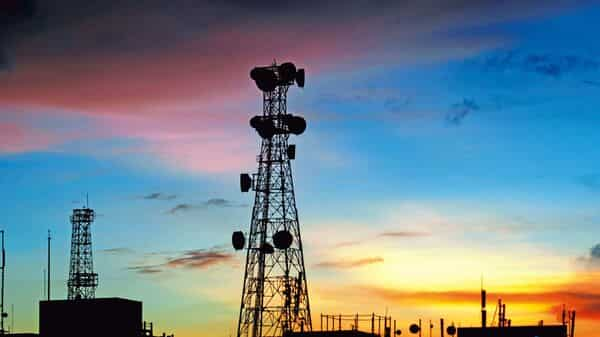Jio is also expected to launch cheap 5G handsets under its JioPhone Next brand. A substantial contribution from spectrum usage charge savings may also give an upside to Jio, which has announced a capex of ₹2 trillion over the next few years. However, this could include the recent ₹88,078 crore spent on acquiring spectrum. At Monday’s annual shareholders’ meeting, Reliance Industries chairman Mukesh Ambani said unlike other operators who use 4G infrastructure to deliver 5G signals, Jio will have dedicated 5G infra or so-called standalone (SA) 5G. “The payback for 5G will come from: 1) market share wins. It expects 5G SA (standalone) to help differentiate data experience from peers; 2) user upgrading to higher data allowance packs and paying for incremental Arpu; 3) more FWA (fixed wireless access) customers; and 4) largest contribution from SUC savings,” Sanjesh Jain, an analyst at ICICI Securities, said in a note. About ₹1.1 trillion is expected to be spent on infrastructure, of which 60% would be for mobile and 40% on hardware for fixed broadband. Since Jio would begin 5G rollouts from October and cover India by December 2023, the mobile capex will be fully-front loaded and deployed over the next 18-24 months, analysts said. “Monetization of this capex will require higher revenues in JioFiber, market share gains in mobile, revenues from enterprise clients and tariff hikes,” said analysts at Jeffries in a note. Jio will be able to provide up to 1 Gbps speed on the go to consumers at affordable prices, Ambani said but did not indicate the tariffs at which it will launch 5G. Jio is set to launch 5G services in several cities, including the metros of Delhi, Mumbai, Chennai and Kolkata, by Diwali and will go head-to-head with Airtel, which has said it will launch 5G in 5,000 cities and towns by March 2024. Jio’s standalone 5G technology will work independent of its 4G network, on top of its indigenous end-to-end 5G stack for providing affordable services to consumers. On the other hand, Bharti Airtel will use NSA, or non-standalone technology, which will work in tandem with its 4G network. “We believe competitors like Bharti will be forced to respond with own aggressive 5G,” Sachin Salgaonkar, an analyst at Bank of America Global Research, said in a note. “This is likely to bring forward industry capex, and crimp industry RoICs (return on invested capital) as telcos may get more competitive even before price repair has completed,” said analysts at JP Morgan. Salgaonkar added that RIL was likely to subsidize its consumer premises equipment on fixed and wireless broadband, which could keep capex higher but help tap a big market. Jio plans to connect 100 million households through fibre or through its fixed wireless access service, Jio AirFiber. He, however, cautioned the risks of rollout being pushed beyond 2023 for Jio, given supply constraints.
“Jio’s approach to 5G has striking similarities to its approach to 4G, with the company investing aggressively—potentially ahead of time—to create a state-of-the-art network,” analysts at Jefferies noted. “Jio is working on a 5G SA (standalone) handset, but the rollout is some time away. It expects to have 5G SA handset at ₹11,000-12,000 at the time of launch,” Jain added. Queries sent to Jio on its device and tariff plans remained unanswered, but industry officials said Jio might push its JioPhone Next brand of devices under its partnership with Google for 5G, just as it did during its 4G services launch back in 2016. Ambani said on Monday Jio was also working with all leading global smartphone equipment makers that have committed to support Jio’s standalone 5G. “The brands that will bring in 5G smartphones that work on standalone 5G will test their phones on the frequencies with Jio, especially the 700 MHz band,” said a senior industry executive, asking not to be named. Jio is unlikely to undercut prices of 5G devices or introduce them at a reduced rate as 5G services are likely to be adopted by premium users who will be willing to pay higher tariffs and buy expensive smartphones, the executive added. “JioPhone Next phones will be at market prices, and global brands will be free to price devices as per their strategies,” he said. India currently has 50 million 5G devices in the market, and experts suggest at least 20-30 million of them would support 5G SA. Phone makers, including Chinese companies, have begun collaborating with telcos to test out 5G NSA and SA devices, insiders said. “We have been working with operators in India to test the 5G experience on different Oppo devices, including 5G calling, network speeds, and VoNR calling, all of which have showcased outstanding results. The announcement by Jio is the development that will bring all our efforts to fruition,” said Tasleem Arif, vice-president and research and development head at Oppo India.
Catch all the Industry News, Banking News and Updates on Live Mint.
Download The Mint News App to get Daily Market Updates.
More
Less
Subscribe to Mint Newsletters * Enter a valid email * Thank you for subscribing to our newsletter.
Topics
.


